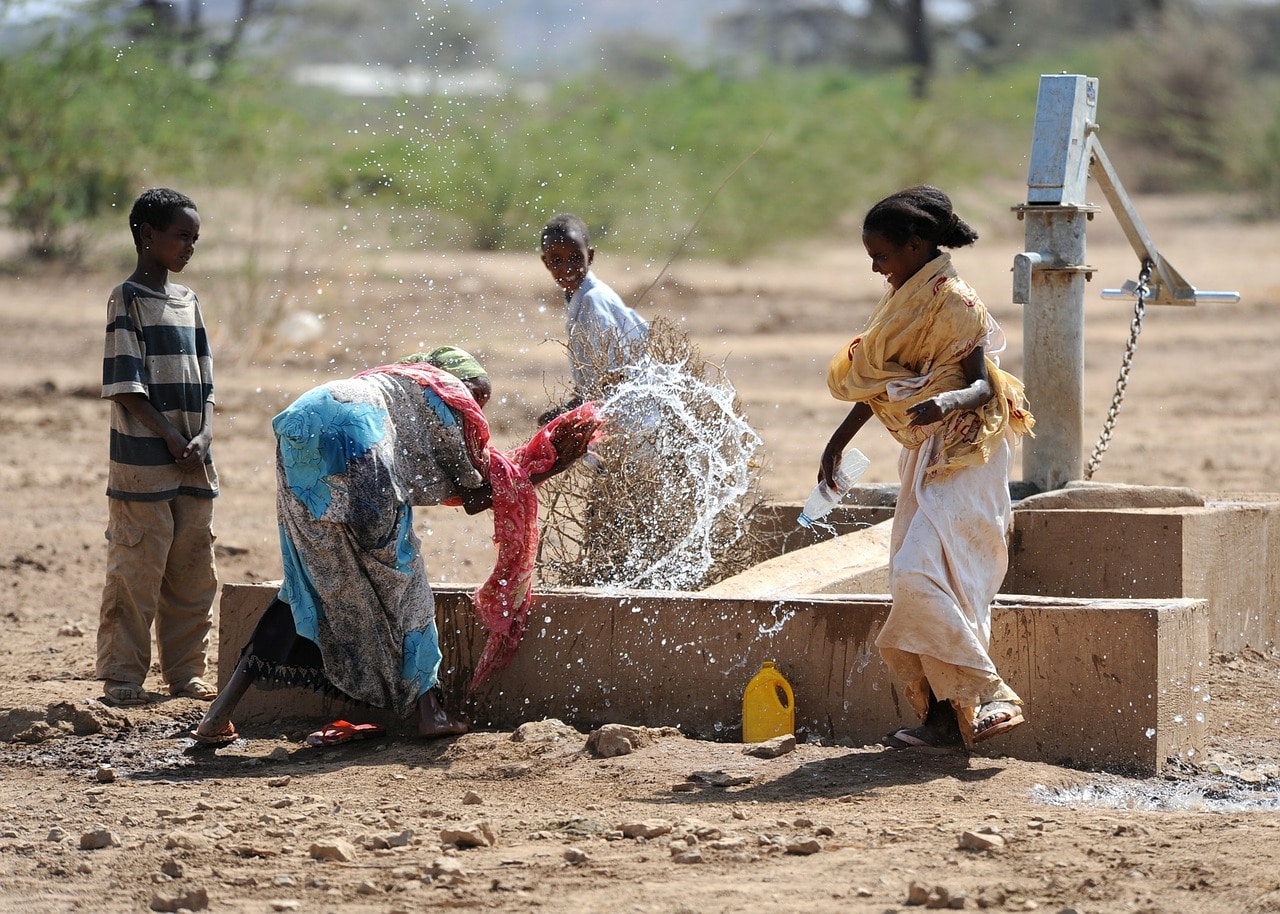Opening a tap and expecting clean water to run through it, without even giving contamination a second thought, is something to be 100% thankful for. To all developing and developed countries, along with some third world countries, it is considered a basic human right. Although all humans are equal and deserve the courtesy of having the same quality water, their needs are often not met.
The number one thing in water that can make you sick is bacteria. Its lethal microscopic organisms can affect water to such an extent, which can cause many different illnesses, that eventually causes death.
Although it’s too microscopic to see, one specific form of bacteria, coliform bacteria, and fecal coliforms could cause a lot of problems. Fecal coliforms are animal feces, which in underdeveloped communities, especially throughout Africa, is a given if you live in a space where wild animals roam. This type of bacteria contains many pathogens, including viruses, protozoa, and parasites.
Diseases Found in Water
- Salmonella typhi – A bacteria that is the leading cause of typhoid, which symptoms include abdominal pain, fever, headaches, and constipation.
- Vibrio cholera – A bacteria that causes cholera, a deadly disease that is predominantly found in Africa.
- Intestinal parasites – Causes stomach issues and severe pain.
- Aeromonas Hydrophilia – Bacteria that causes extreme dysentery in infants and children, as well as anyone that has a weakened immune system.
- Hepatitis – A virus that mainly causes liver disease. It generally spreads through food and water that has been contaminated.
In 2013, UNICEF did a study that found that 1,000 children had died from diarrhea, as a result of no access to clean water, nor sanitation facilities. This study was done in Kenya, where the problem persists, as only 57% of people have access to clean water.






